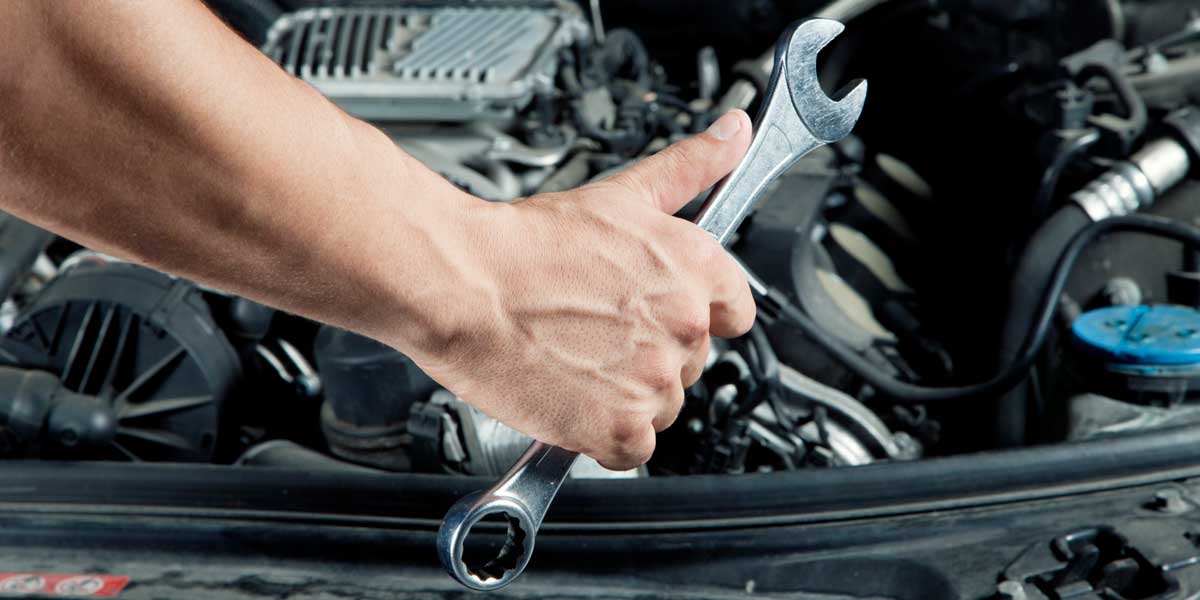Featured
When it pertains to having a car, significant car repairs can be among one of the most substantial expenditures you encounter. Whether it's an engine overhaul, transmission repair, or taking care of a blown head gasket, the price of these fixings can differ widely based on numerous aspects. When it comes time for significant repairs, recognizing these elements can help you far better prepare for the economic effect and make notified decisions. Here are the essential elements that influence the expense of major cars and truck repair services.
- Sort Of Repair Work Needed. The nature of the fixing itself is one of the most obvious element affecting expense. Some automobile repair services are much more labor-intensive and complicated than others. Fixing the engine or transmission commonly involves much extra labor and expensive components than fixing a small concern like a brake pad replacement. Fixings that need taking apart substantial components of the car, such as the engine or transmission, will naturally be much more pricey due to the complexity of the job involved. Conversely, repair work to systems like the air conditioning or exhaust can occasionally be less costly, relying on the automobile's make and model.
- Make and Model of the Automobile. The make and version of your automobile plays a crucial role in establishing the cost of repairs. Luxury and high-end cars often tend to have much more pricey components and specialized labor prices. A fixing for a European high-end cars and truck like a BMW or Mercedes-Benz will usually cost even more than the exact same repair work on a residential vehicle like a Ford or Chevrolet. In addition, some brand names have components that are less readily available, requiring more time and cash to source. The older the vehicle, the more challenging it might be to find parts, which can also raise the total price of the repair work.

- Labor Prices. Labor is just one of the largest contributors to the cost of a significant auto repair. Technician labor prices differ commonly relying on your area, the shop's track record, and the expertise needed for the fixing. Labor costs are typically charged by the hour, and more complex repair services will need more hours of labor. A knowledgeable service technician or boutique with expertise in specific kinds of fixings may charge greater hourly prices, yet this can sometimes be a rewarding financial investment to guarantee the repair is done properly. Regional differences in labor prices additionally play a part-- repair services in city areas may cost more than in rural locations due to higher overhanging prices.
- Parts and Materials. The cost of parts is another significant aspect. Initial Equipment Producer (OEM) components are generally a lot more expensive than aftermarket components. OEM parts are made by the car's supplier and are assured to fit your automobile flawlessly, yet they feature a higher price. Aftermarket components, while usually cheaper, might not always offer the same degree of quality or fit, and can possibly impact the vehicle's lasting efficiency. In many cases, auto producers might likewise have unique parts, which can even more increase repair expenses. The more specialized the component, the greater the cost to fix it.
- Extent of Damage. The extent of the damage to your automobile is additionally critical in figuring out the repair work price. Minor issues, like a small fracture in the windscreen or a worn-out generator, will commonly set you back much less to fix than significant issues like a blown engine or a considerable transmission failure. When the damages is considerable, multiple systems might be impacted, needing more parts and labor to fully recover the automobile to functioning problem. Detecting the trouble can also be a part of the overall price, particularly if the issue is complicated and calls for comprehensive diagnostic screening.

- Automobile Age and Problem. The age and general problem of the car play a role in the fixing cost. If your vehicle is old and in poor problem, it might be much more susceptible to break downs, which can lead to higher repair prices over time.
- Warranty and Insurance Policy Insurance Coverage. This can substantially minimize the cost of major repair work if your car is under guarantee. Extended guarantees or service contracts may cover certain repair services, minimizing out-of-pocket costs. Some suppliers offer free fixings or protection for particular parts if they stop working within a details duration. If you have thorough vehicle insurance coverage, it may also cover certain kinds of repairs, specifically if the damage was triggered by an accident. Make sure to check your insurance plan or service warranty arrangement to recognize what is covered and what you might require to spend for on your own.
Final thought. The expense of major car repair services can be affected by several factors, including the kind of repair work, your vehicle's make and version, labor prices, components, and the level of the damage. By recognizing these elements, you can make more educated decisions regarding maintaining your car and budgeting for prospective repair work. While some fixings may be unavoidable, maintaining up with regular upkeep and dealing with smaller sized issues at an early stage can help you prevent expensive major repairs in the future. Constantly take into consideration obtaining multiple quotes from different service center and weigh the benefits of using OEM versus aftermarket parts to make one of the most economical choice for your lorry.
Latest Posts
Trusted Tinley Park Roof Repairs and Replacements - A-Abel Roofing
Published Jan 09, 25
1 min read
A-Abel Roofing: Protecting Homes, One Roof at a Time
Published Jan 09, 25
1 min read
What Factors Impact the Price of Major Vehicle Fixings
Published Jan 09, 25
0 min read